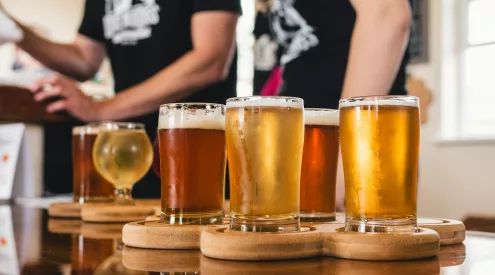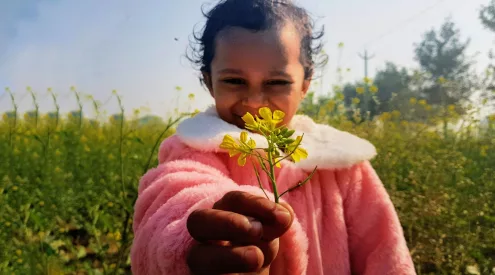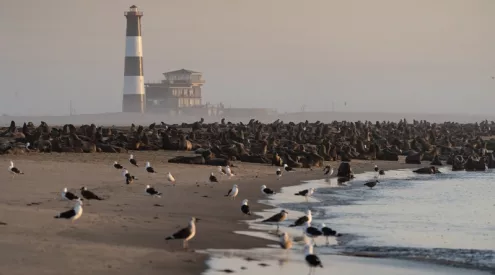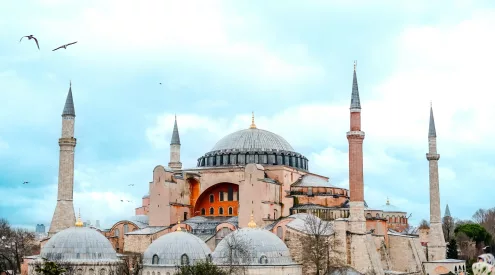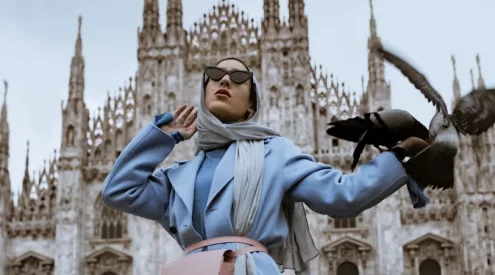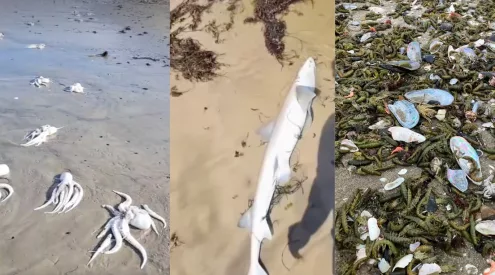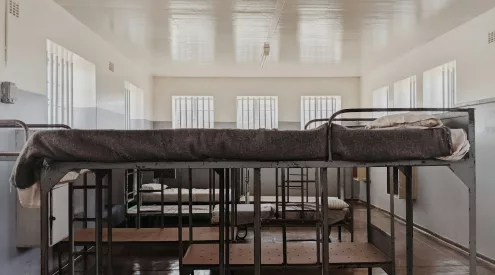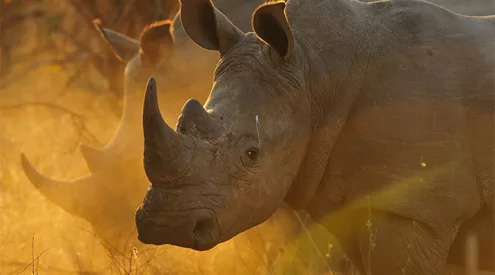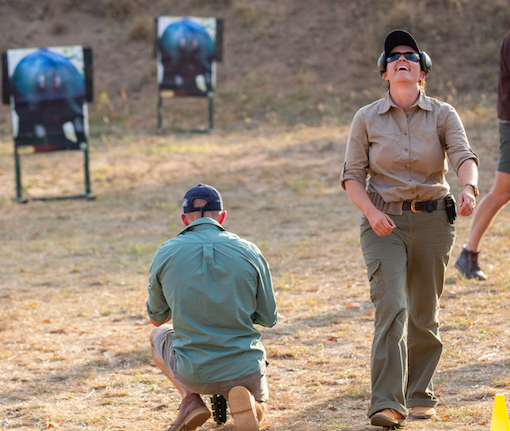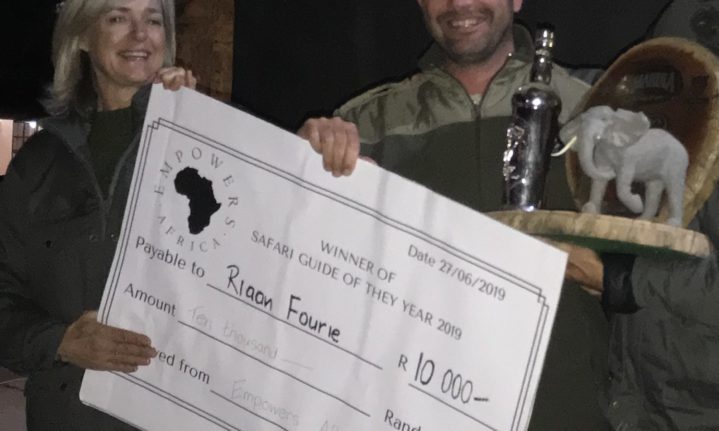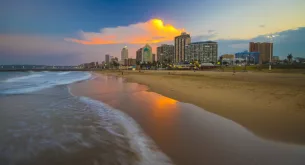The Safari Guide of the Year (SGOTY) Awards is an annual event that recognises field guides for their talent, professionalism and expertise. The accolade is awarded by the Field Guide Association of Southern Africa (FGASA).
The process of being selected for the SGOTYA is meticulous. A number of guides are nominated, who are then interviewed to determine their suitability to compete for the title with a handful of finalists by a panel of judges. The judges are all industry leaders with decades of experience as field guides.
After the interview process, five finalists are selected.
Each finalist must have over five years of active guiding experience, coupled with high-level FGASA qualifications. In order to determine the SGOTY, the skill-sets of the five finalists are put to the ultimate test.
This year the finalists were hosted at the NJ More Field Guide College, located in the Marataba Game Reserve.
The finalists for 2019 were Anton Collet from Tanda Tula, Julius Mkhize from Samara Private Game Reserve, Margaux le Roux from Singita Lebombo, Rassie Jacobs from Kapama Private Game Reserve and Riaan Fourie from Royal Malewane.
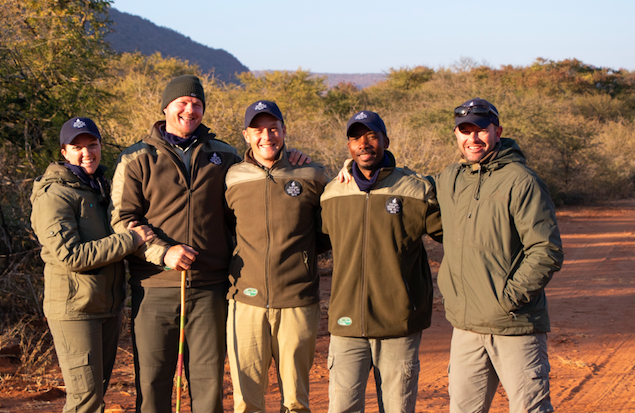
From left to right: Margaux le Roux; Anton Collet; Rassie Jacobs; Julius Mkhize; Riaan Fourie. Image: Stacey Fensham
The testing process spans over five days where the candidates are assessed and judged on their abilities. After each test concludes, a panel of judges individually mark each candidate on their performance, creating a point rating. After this, the judges discuss their mark allocations amongst themselves.
The reason for individual marking is to avoid group mentality and influence over each other’s perception of the candidate’s performance. This also ensures the fairness of each candidate’s assessment.

Judge Brian Serrao (L) and Julius Mkhize. Image: Stacey Fensham
The candidates are tested on the following categories:
– A guided walk: the candidates were all unfamiliar with the terrain of the Marataba Reserve, giving them an equal chance of success.
– Track and sign: the identification of animal tracks both new and old, and some of which may be completely foreign to the candidates.
– A game drive: navigating a game vehicle through different terrains, knowledge of fauna and flora, the ability to interpret a sighting and keeping guests intrigued are all tested.
– Birding skills: these are tested by identifying the bird visually, as well as through its sounds.
– Rifle handling: this is tested in three ways. Each situation is a simulation of a real-life incident that could occur, where the field guide has to use his or her rifle. The finalists are tested on their accuracy, timing and ability to shoot under pressure.
– Storytelling skills: these are tested at the end of the day around a glowing fire, where the candidates are judged on their ability to captivate their audience.
Each category has a winner, and the top overall point-scorer wins the Safari Guide of the Year.
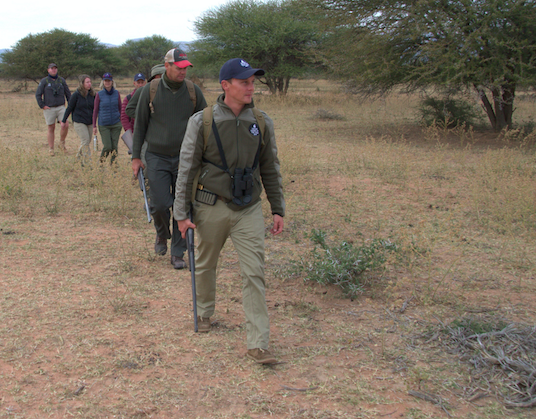
A guided walk led by Rassie Jacobs. Image: David Batzofin
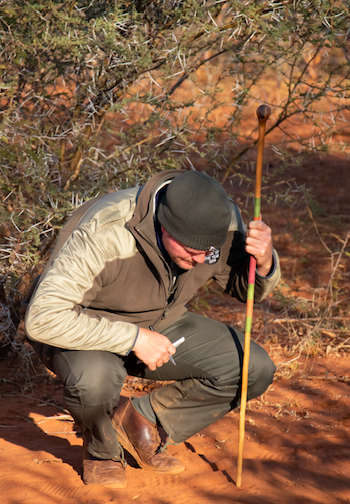
Anton Collet during the track and sign test. Image: Stacey Fensham
At the end of the five days, the Safari Guide of the Year Awards were held. The evening was clear and the air was crisp, the warmth from the fire burning in the boma radiating in the background.
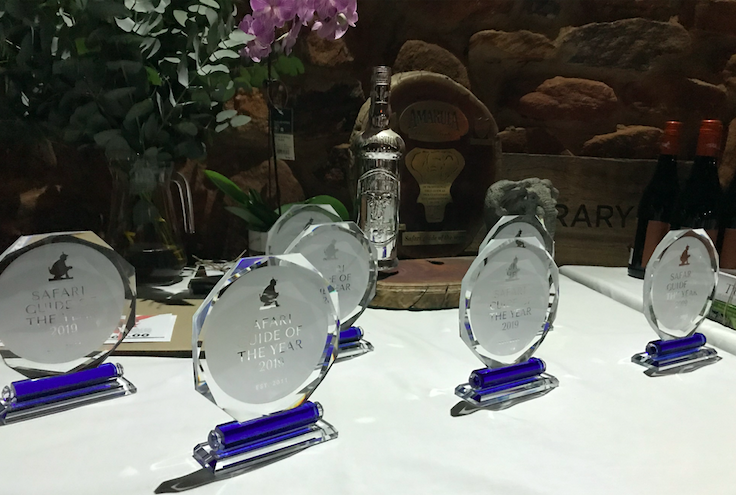
The trophy table. Image: Imogen Searra
The finalists were cheery and chatty, all the while remaining modest despite the remarkable display of their skill-sets throughout the week. The words ‘good luck’ floated around the room.
Even as a guest, the friendships formed among the candidates and judges were tangible to see.
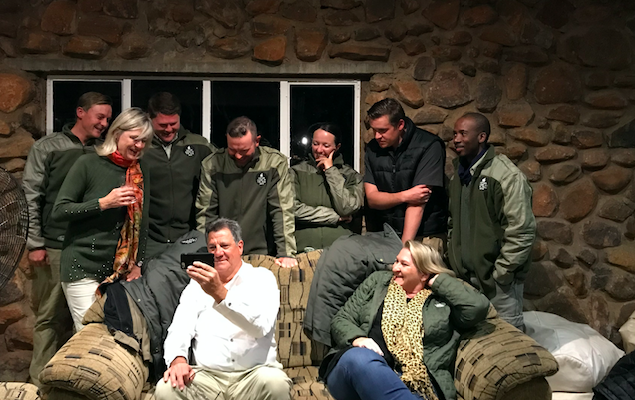
The finalists and judges Image: Imogen Searra
The award ceremony began, and the finalists were commended on their exceptional work. Shortly after, the winner of each category was announced. Claps, cheers, hugs and congratulations were all widely given to the finalists.
When it came time for the announcement of the runner-up and winner, everyone simmered down in their seats. Wine glasses were silently filled in anticipation.
Taking home second place and a generous cash prize was Margaux le Roux from Singita Lebombo.
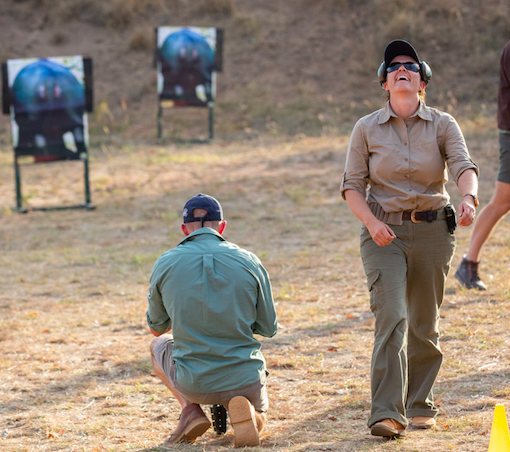
Margaux le Roux during the advanced rifle handling test, which she won. Image: James Tyrrell
Taking the Safari Guide of the Year Award back home to Hoedspruit and Royal Malewane, was Riaan Fourie. Emotions were high as he went up to receive his well-deserved award.
‘It’s been an exceptional week, I think it was completely beyond what I expected. You think it’s going to be a stressful, gruelling time, being pitted against these people. But when you arrive and you get to understand what the process is about, you realise that it’s like-minded people sharing their passion and doing what they love.
Winning this award validated that what I do is so important. It made me realise that my job is recognised and that people appreciate the work that field guides do. Knowing I have an impact on people’s lives really instills that validation for me.
I am still trying to digest my win, it has been such a humbling experience for me. Sometimes people think that a safari guide is a thankless profession, that it is just something to do if you have a drivers licence and time to waste. This win has justified all the hard work and long hours I have put in to my job.’
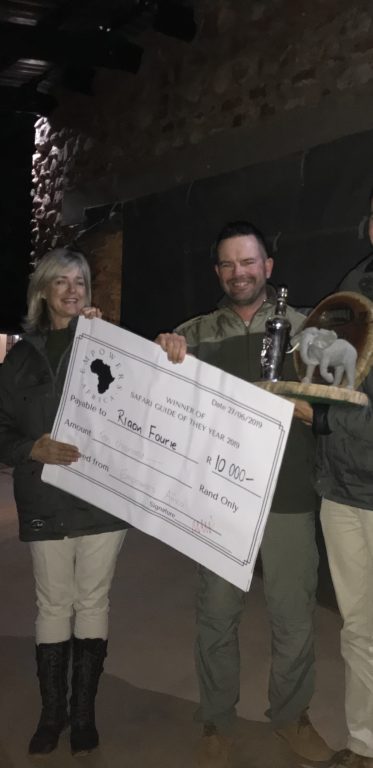
Riaan Fourie, winner of the 2019 SGOTY. Image: Imogen Searra
Image source: Stacey Fensham

